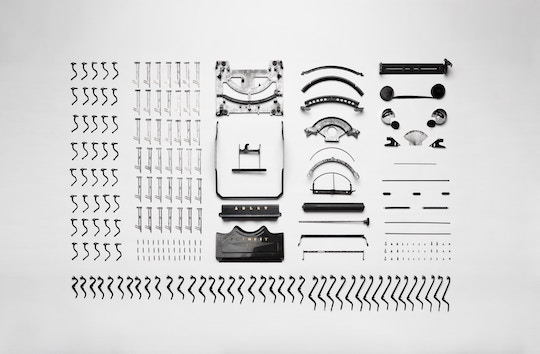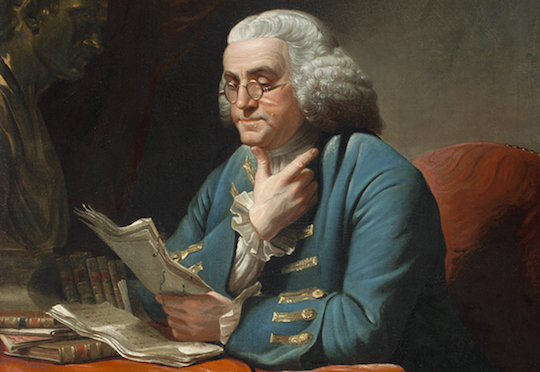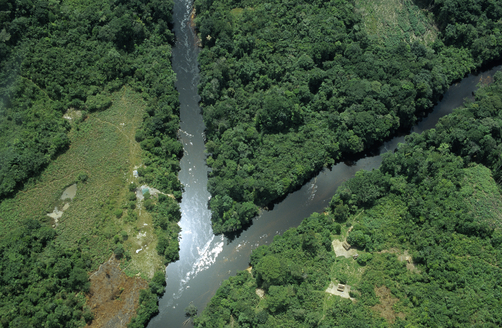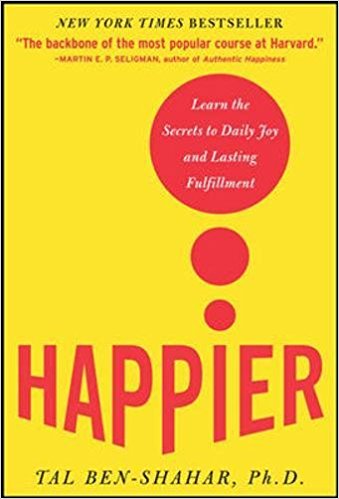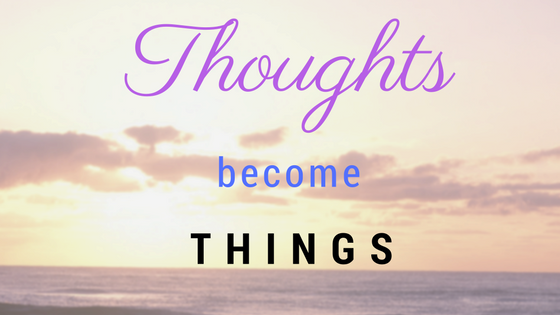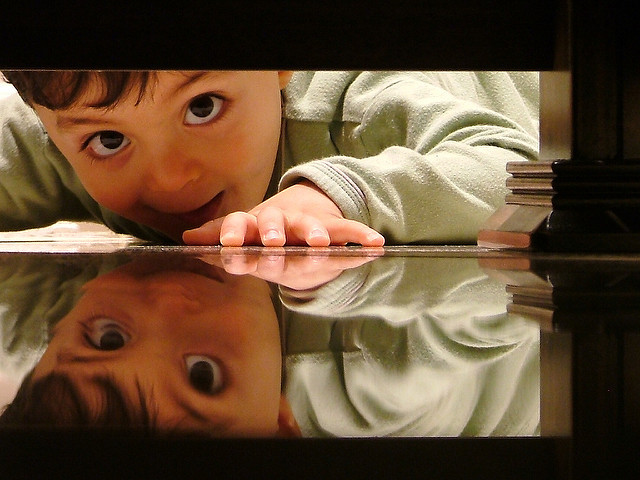“Happiness held is the seed; happiness shared is the flower.”
—John Harrigan, writer, director and performer

Image from Unsplash by Yuriy Garnaev
Did you know that Norway is considered one of the happiest places on the planet? The CNN special Chasing Life, hosted by Dr. Sanji Gupta, recently highlighted a small town 200 miles north of the Arctic Circle.
Despite the frigid temperatures and the complete darkness November through January, most people interviewed described themselves as a 9 or 10 on the Happiness Scale.
A critical component to their happiness was the focus on the level of family and community engagement.
In Norway, after the birth of a child, a parent receives 80% of their wages and a full year off of work to focus on raising the child. If they choose to take off only ten months, they receive 100% of their wages.
EXERCISE:
Where can and will you plant the seeds of happiness in your community gardens, so that you can share the flowers of happiness with those you care about and love?


